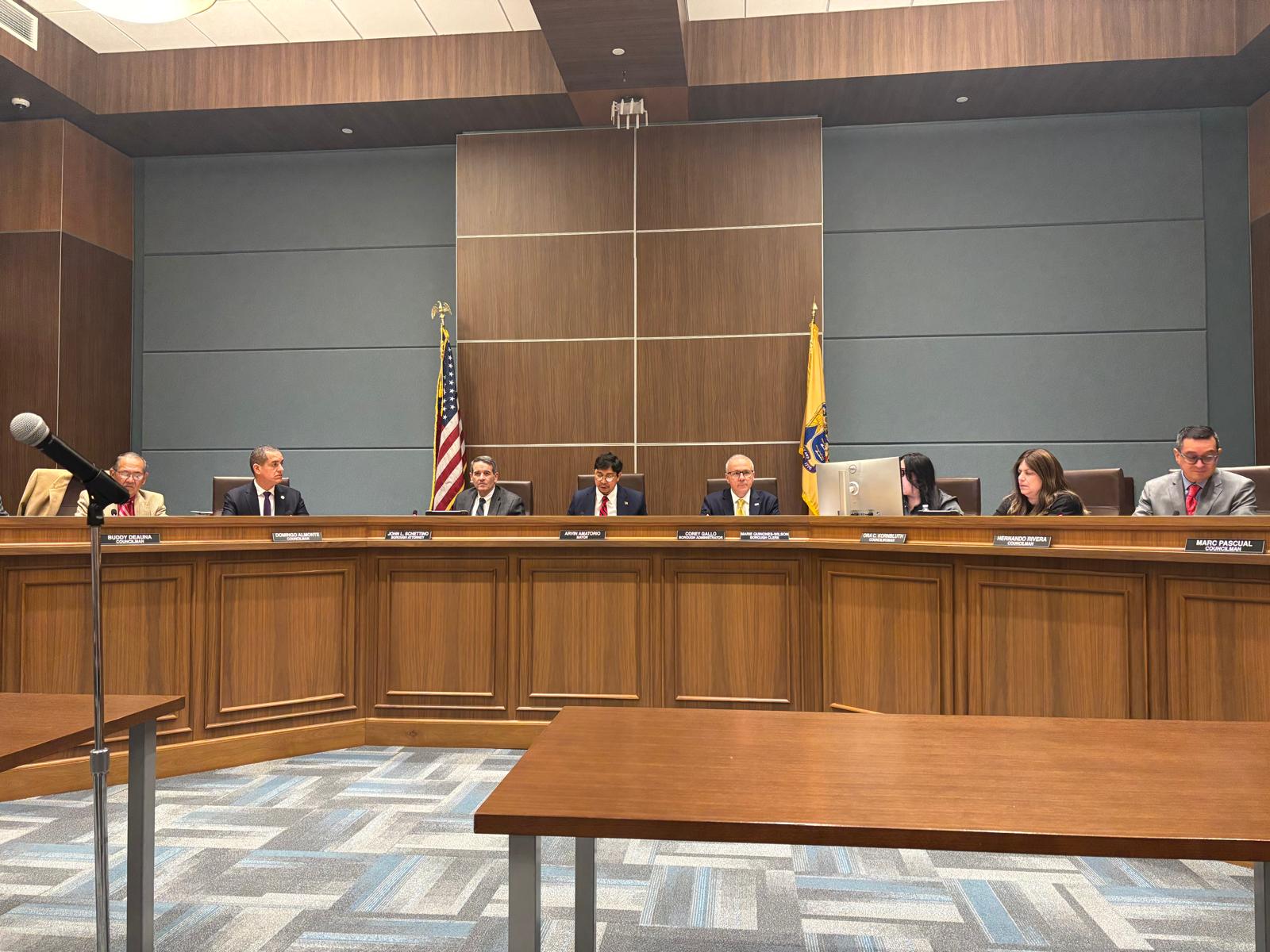Step #6
Part 3
דרכיה דרכי נועם וכל נתיבותיה שלום“The ways of the Torah are ways of pleasantness, and all its pathways are peace.”
(Mishlei 3:7)
So far, we have discussed the importance of a mentsch acting in a pleasant fashion that creates a kiddush Hashem wherever he goes. This time we will discuss the behavior of a mentsch in a familiar setting.
Performing Step #6 in School
Manners
Although striving to be pleasant is not always an easy task at school, there are relatively simple guidelines to help students achieve this goal.
Earlier I quoted the dictionary’s first definition of pleasantness, which indicated that a pleasant person is one who provides pleasure and consideration for others. The second dictionary definition of pleasant reads: “having or characterized by pleasing manners, behavior or appearance.” It therefore appears that having manners is an effective way to demonstrate pleasantness to one’s friends and classmates. They are actions that make people feel appreciated and comfortable. We often refer to people who have manners as being polite. People who are polite show concern and regard for others. People with manners and who are polite add much to the pleasantness of their surroundings. The following is a list of some of the behaviors that demonstrate manners and politeness in school:
• Saying “please” and “thank you”
• Calling classmates by their first names and not just last names
• Letting others occasionally go ahead of you on line
• Choosing those who are not the “best” or most popular for your game or activity
• Picking up papers off the floor even though they are not yours
• Treating food with respect at lunch time and snack time
• Not raising your hand and saying “oooohhhhh!” when someone is trying to answer the teacher’s question
• Offering to share someone’s heavy load of books or supplies
• Not looking at other students’ personal belongings
• When you hurt or upset someone, either physically or emotionally, try saying that you are “sorry” even if you feel you are not completely wrong
One of the most important examples of being mannerly and polite is finding opportunities to compliment people for their appearance or actions. This is not always easy for adults and children to do and we must train ourselves to look for these opportunities. People who are nasty and make hurtful comments and then try to cover it over by saying “I was just kidding” bring unpleasantness and mistrust to their surroundings.
A Story about Manners and Politeness in School
Early in the 20th century, Native American children were often educated on reservations in the western states in schools run by the United States government. The government agents would hire teachers—usually from the east—to teach in these schools. One teacher began teaching her students as she had been trained, and followed up her lessons with questions. The students, however, would never answer. She kept trying, but without success, finally coming to the conclusion that these children were beyond stupid and so she quit in disgust.
The next teacher did something the first teacher had failed to do: learn from her students. When she noticed that the students failed to answer her questions, she strove to find out why. The answer gave her (and should give us) much cause for reflection. As it turned out, the culture of that particular Native American tribe frowned upon embarrassing anyone. Therefore, the students didn’t want to raise their hand so that they would not shame their fellow classmates.
An Example Worth Noting
A group of junior high school girls gave the following note to their gym teacher:
Dear Mrs. _________,
Happy birthday!
Even though our grade is not perfect, you always try to improve it! Thanks for caring so much about us!
Love,
There are so many wonderful things to learn from this note:
1. The students showed that they cared and were thoughtful by remembering and wishing their teacher a happy birthday.
2. They showed her that they understood and agreed that at times their behavior could use some improving.
3. They acknowledged that she had tried to help them behave in the proper way.
4. They thanked her for her efforts, and especially for caring about them.
5. They expressed their own sense of caring by signing their letter with “love.”
Although I know that these girls wrote this note sincerely and without an ulterior motive, one could imagine that if a problem or a need arose in the future, this teacher would be very inclined to be helpful and supportive. She would be responding naturally to their thoughtfulness.
A Short Course on Human Relations (author unknown)
1. The six most important words: I admit I made a mistake.
2. The five most important words: You did a good job.
3. The four most important words: What is your opinion?
4. The three most important words: If you please.
5. The two most important words: Thank you.
6. The most important word. We
7. The least important word: I
Stanley Fischman is currently the supervisor of general studies instruction at the Jewish Educational Center in Elizabeth, NJ. He was a yeshiva elementary principal for 35 years, and also served as director of general studies at Ben Porat Yosef in Paramus. Recently he celebrated his 50th anniversary of educating Jewish children. He is the author of “Seven Steps to Mentschhood—How to Help Your Child Become a Mentsch.”













